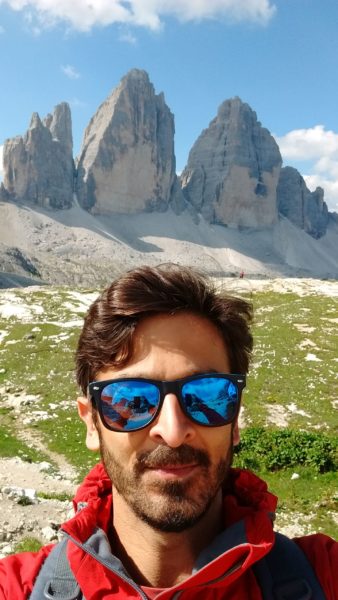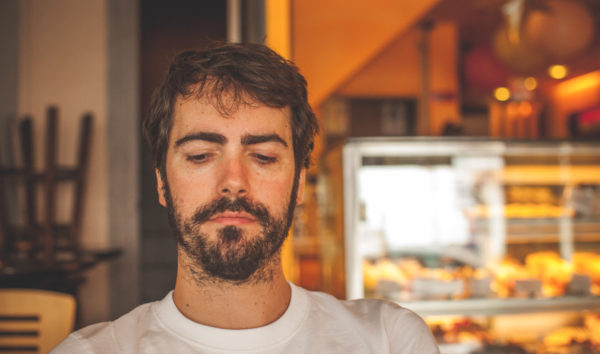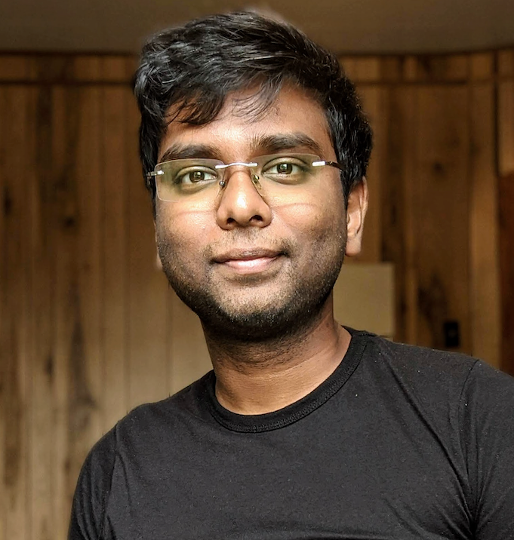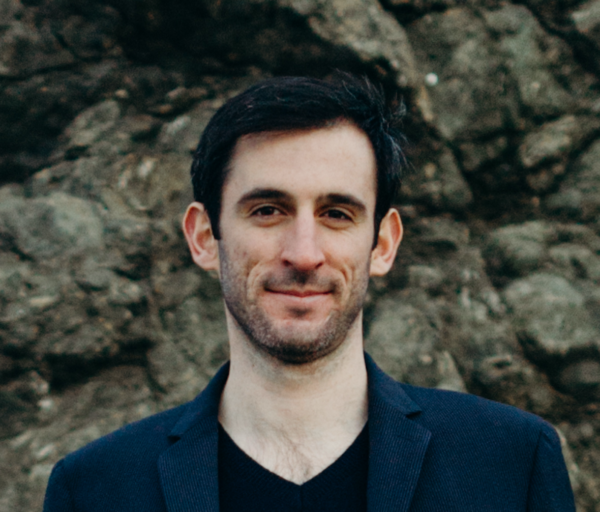 What is your position or role in the DESI project?
What is your position or role in the DESI project?
I’m a postdoctoral fellow who works mostly in the Clustering, Clusters, and Cross-correlation as well as the Galaxy and Quasar Clustering working groups.
Where were you born and where do you live now?
I was born in Fremont, California, and have lived my entire life in various parts of the San Francisco Bay Area. I currently live in Oakland, and work at Lawrence Berkeley National Laboratory, which sits just up the hill from UC Berkeley’s campus.
What do you do as part of DESI?
I run computer simulations of how structure in the universe forms assuming different scenarios for what the universe is made of, and then compare those simulations to the data that DESI is taking. In doing so, we can learn about the mysteries of dark matter and dark energy. The hard part of my work is figuring out how to compare my simulations, which are highly idealized, to the highly complex data that DESI gathers. One challenge related to this is that my simulations include only dark matter, while the galaxies that DESI is observing are composed of luminous matter, like us. This is a very fun problem to tackle, as it involves building models for the connection between dark and luminous matter. On any given day, I use a combination of high-performance computing, statistical techniques and analytic theory to make progress on these problems.
What is the most interesting or exciting thing about your job?
I love how many different fields of science and technology I get to use in order to solve problems. Some days my work is entirely computer programming, others I get to work on fun statistical problems, and others still are spent reading technical physics theory papers and working out derivations of my own. I also truly enjoy collaborating with and learning from a broad range of colleagues who all bring their own expertise and perspectives.
Any advice for an aspiring scientist/engineer?
My advice is two-fold: First of all, pursue your passion. I have found that I am far more effective at working on something whose goals I believe in wholeheartedly. Intrinsic motivation is so much more powerful than extrinsic pressure to perform. In order to find intrinsic motivation, it’s very important to maintain an open and curious mind. Sometimes the things that are most interesting can take you by surprise. Secondly, learn as much math and programming as possible. These skills are necessary for virtually all science and technology, and so by learning as much of them as possible, you will open many doors for yourself.
What do you do for fun?
I love the outdoors. The San Francisco Bay Area, with its hilly topography, is a great place for road biking. I also enjoy backpacking and skiing in the nearby Sierra Nevada mountains. I’ve played basketball for my entire life and while I don’t play much anymore due to various accumulated injuries, I am still a big fan of the local professional basketball team, the Golden State Warriors.
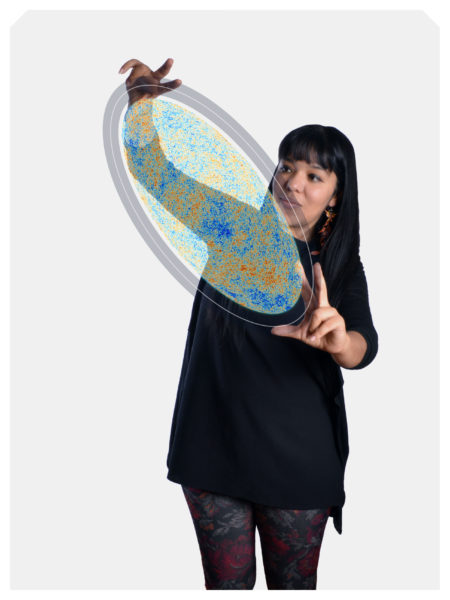 What is your position or role in the DESI project?
What is your position or role in the DESI project?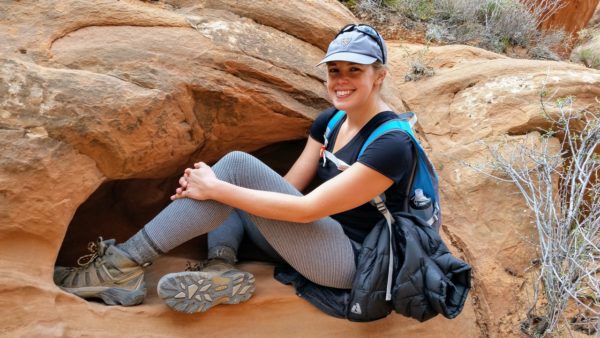
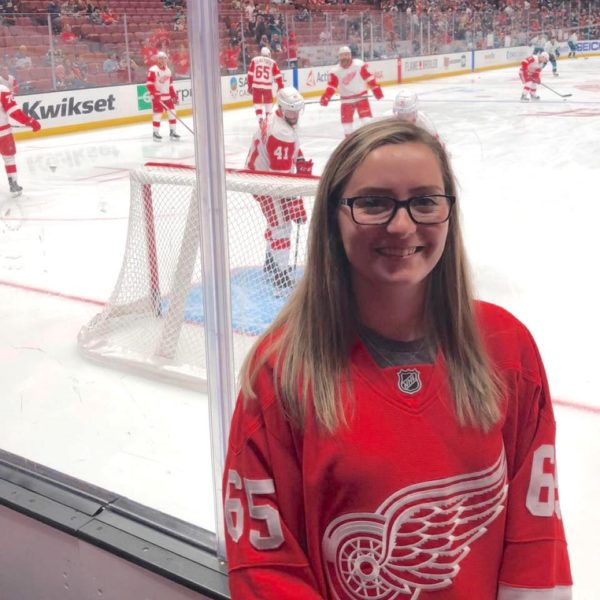 What is your position or role in the DESI project?
What is your position or role in the DESI project?
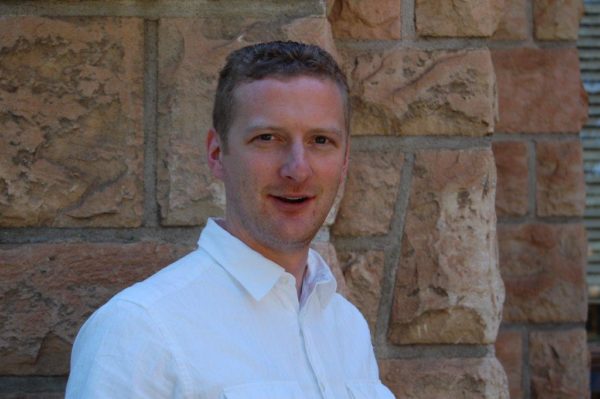 What is your position or role in the DESI project?
What is your position or role in the DESI project?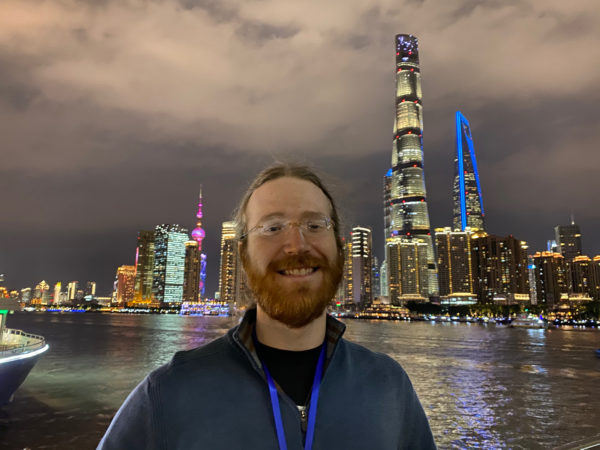 What is your position or role in the DESI project?
What is your position or role in the DESI project?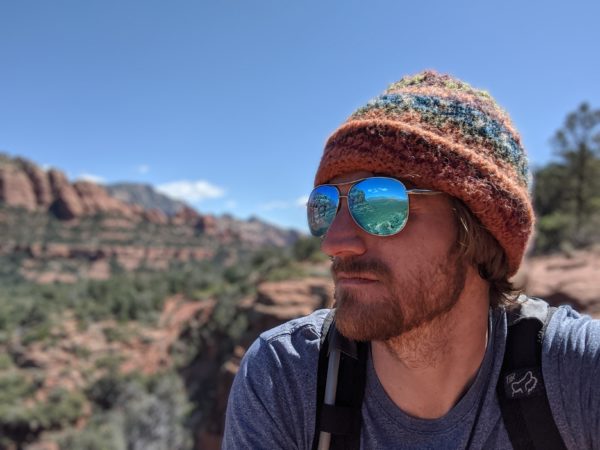 What is your position or role in the DESI project?
What is your position or role in the DESI project?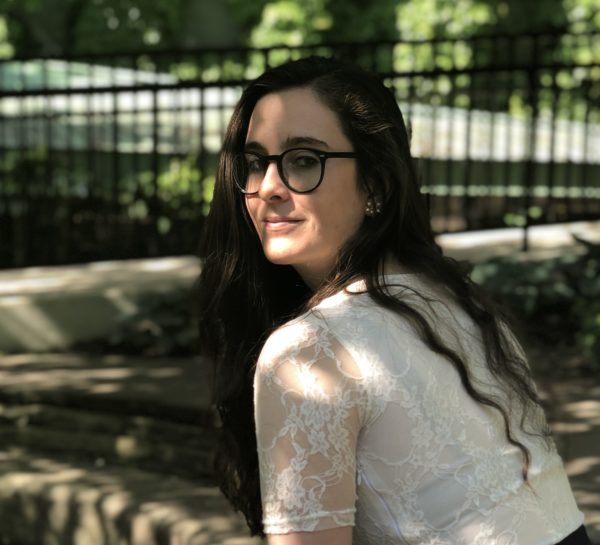 What is your position or role in the DESI project?
What is your position or role in the DESI project?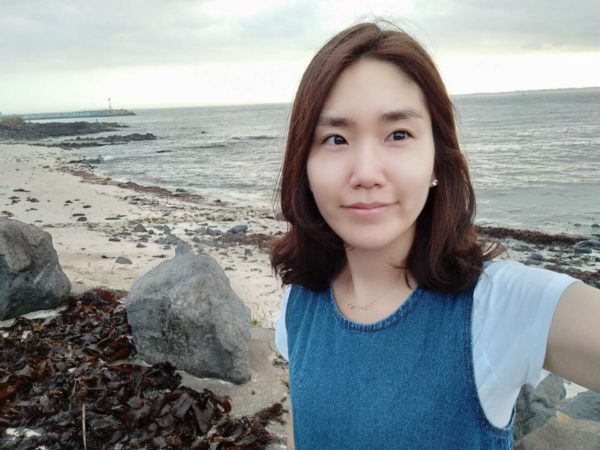
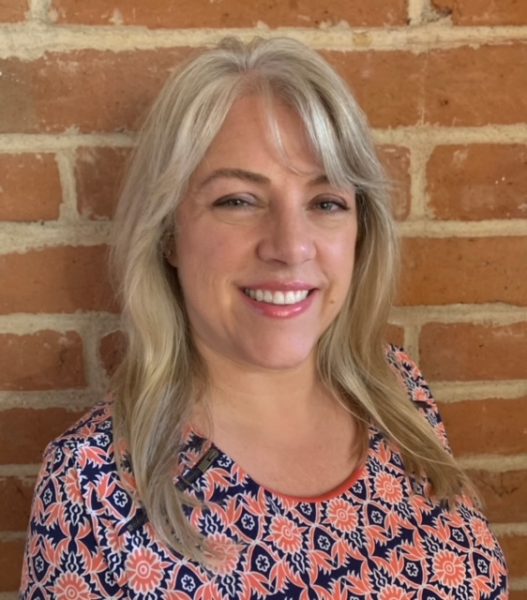
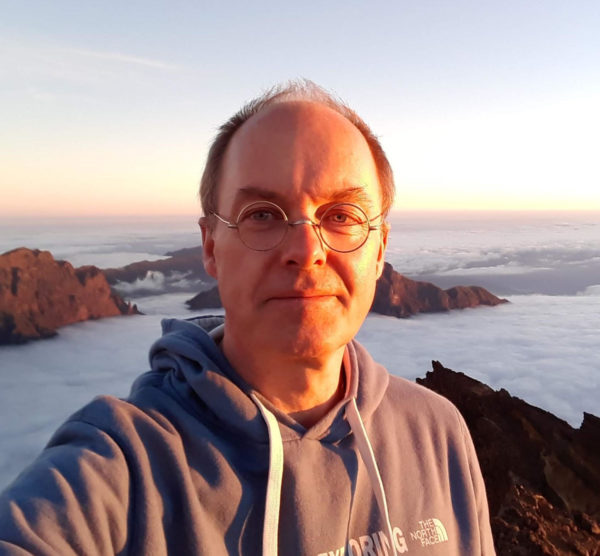
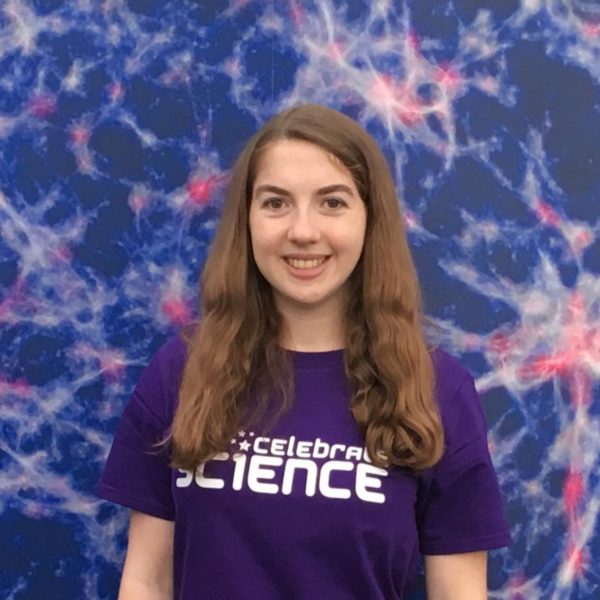
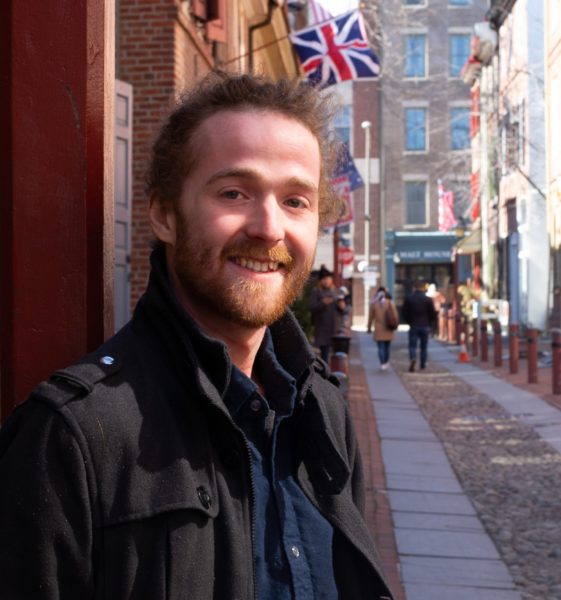 What is your position or role in the DESI project?
What is your position or role in the DESI project?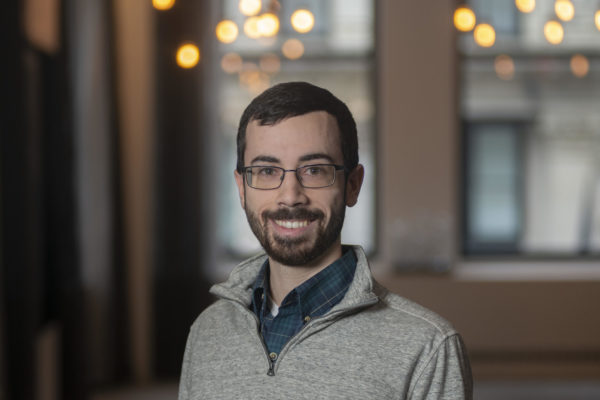
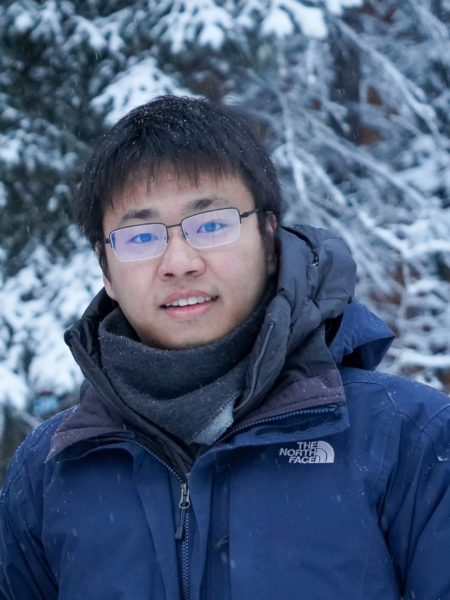
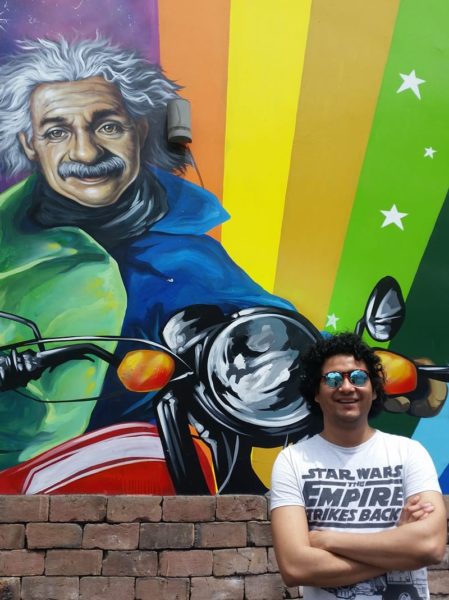 What is your role in the DESI project?
What is your role in the DESI project?